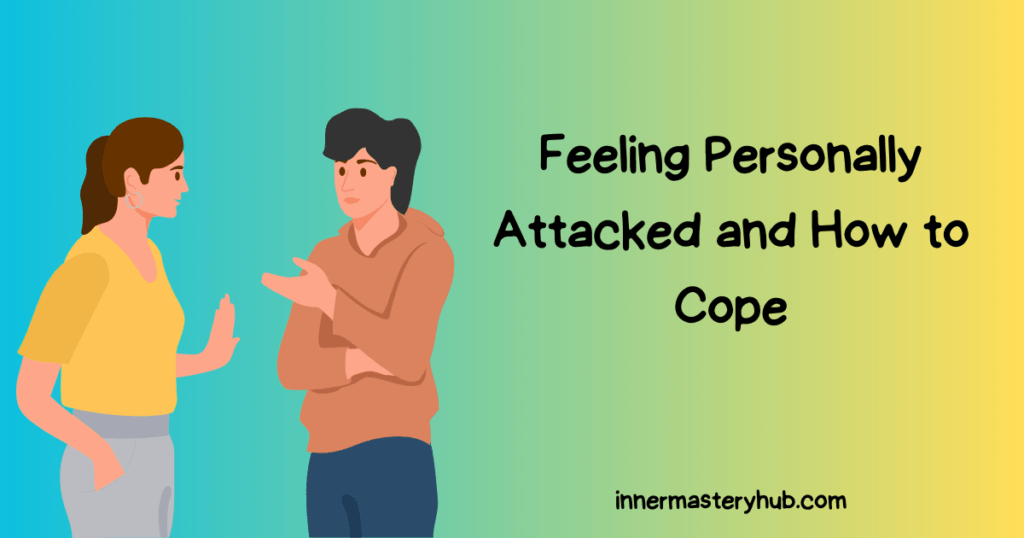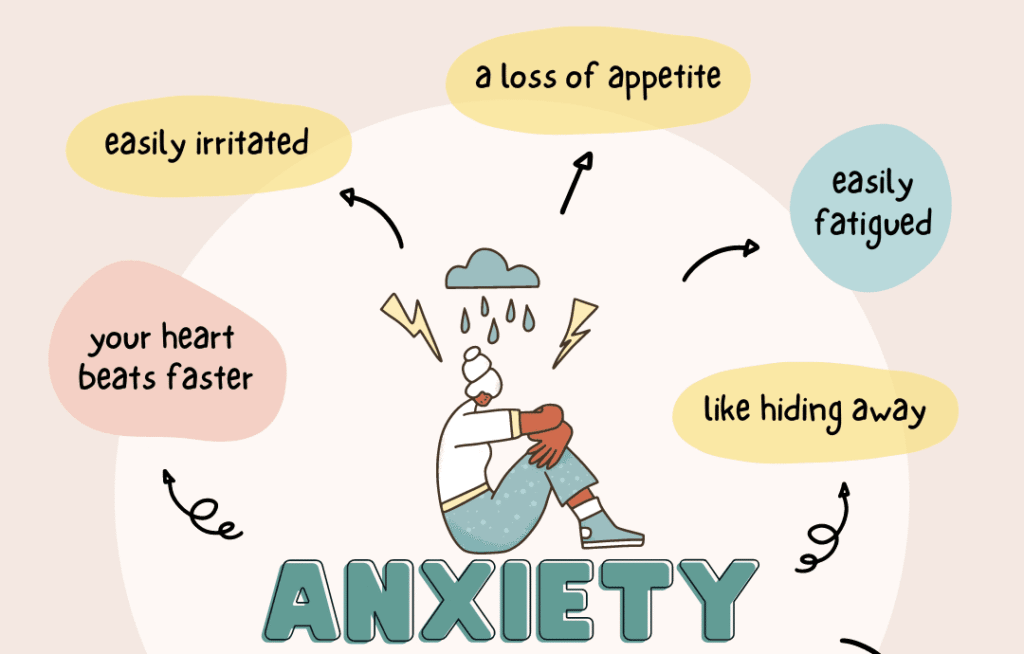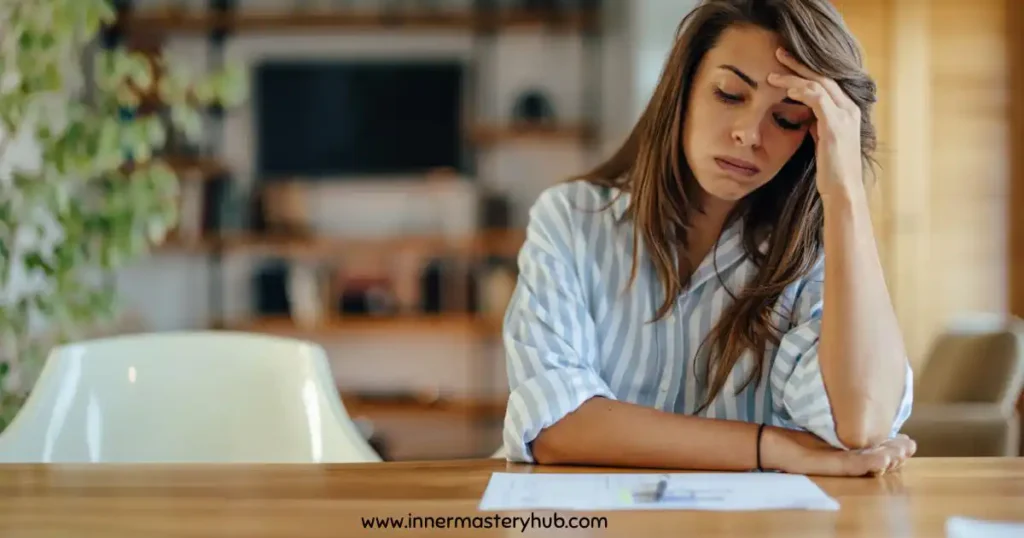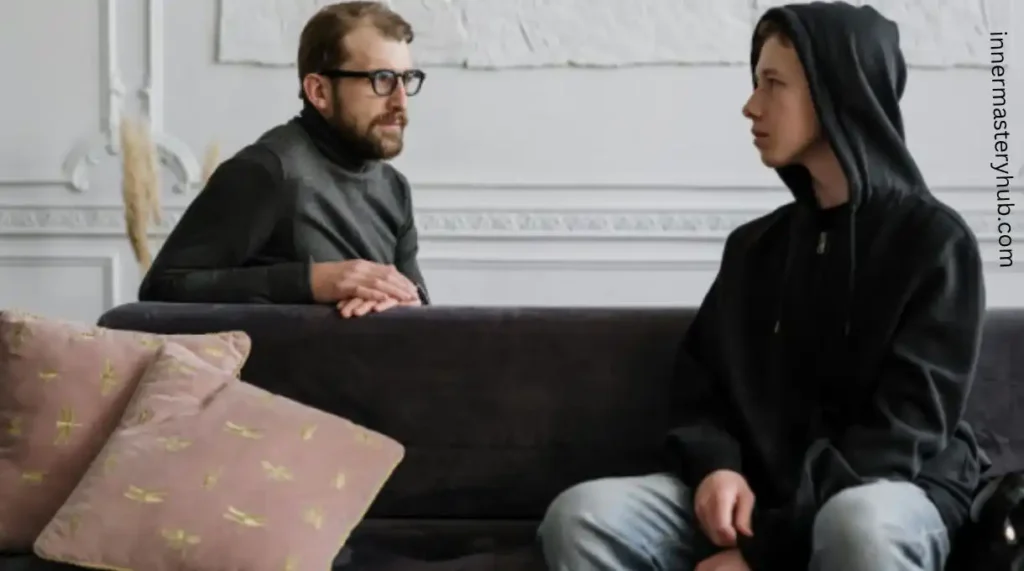11 Ways Emotional Wounds of Adult Children Keep Parents in Silent Pain
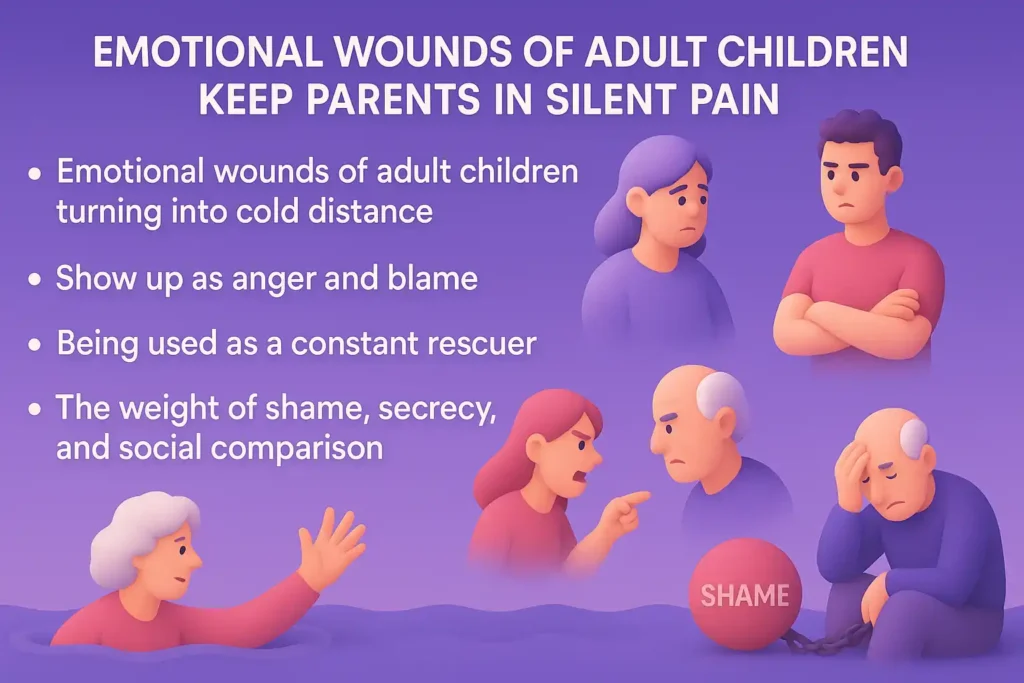
You don’t expect to be lying awake at 2 a.m. because of your grown child, replaying old arguments, rereading text messages, wondering how the same family that shared birthdays and school runs now feels like a minefield. When emotional wounds of adult children are left unhealed, they do not just sit quietly in your child’s heart, but they also leak into every phone call, every visit, and every long silence, and they keep cutting into you as a parent as well.
Researchers estimate that about 10% of adults are estranged from a parent or a child, totalling tens of millions of people. Other studies show that about 6% report a period of estrangement from their mothers, beginning in the mid-20s. Therapists and researchers now call family estrangement a “silent epidemic” because so many people suffer alone, believing they are the only ones. Behind those numbers are parents like you, trying to understand how your child’s hurt has turned into your ongoing pain.
You may already know your adult child carries scars from their childhood, from family conflict, from your own mistakes, or from things you had no control over. Modern research is clear: childhood emotional wounds and trauma can lead to anxiety, depression, anger, and serious problems in adult relationships. What is talked about less is how the emotional wounds of adult children keep wounding parents long after the children grow up.
11 How Emotional Wounds of Adult Children Keep Parents in Silent Pain
Below are the ways that might be happening in your life, and what you can gently begin to do about each one.
1. Emotional wounds of adult children turning into cold distance
Emotional distance is one of the most challenging things a parent may face. Even while your adult child still responds to texts, sends pictures, and attends holidays, something seems off. Discussions remain on prudent subjects, visits are brief, and hugs are either absent or stiff.
Often, that distance serves as a barrier. Closeness feels dangerous if your child had feelings of being ignored, mistreated, or unsafe as a youngster, even in subtle ways. A person’s attachment style is shaped by uneven care, criticism, or conflict, which can make intimacy in adult relationships feel uncomfortable and perplexing. Not only are you dealing with your child’s current state of mind, but you are also encountering all the times in the past when they experienced hurt.
Rather than exerting more effort to get close, you can begin to establish comfort. When you do speak, please make an effort to pay attention to their world rather than your own. “How are things truly feeling for you these days?” is an example of an open-ended question. Then, listen without defending yourself. “When did I feel them pulling away today, and what was happening right before that?” is a question you should ask yourself in private afterwards.
In addition to demonstrating to your adult child that you are open to learning rather than only demanding connection, this gentle self-reflection helps you gradually see what feels threatening to them.
2. When emotional wounds of adult children show up as anger and blame
Sometimes the hurt manifests in intense rage. Your adult child could constantly bring up the past, call you names, or point out earlier mistakes. Even if you have totally different memories, they may say things such as, “You have ruined my life,” or “You were never there for me.”
Unresolved trauma makes people more vulnerable to strong emotions, including wrath and shame. The fact is, parents are the easiest targets when those feelings flare up, not because you are the worst person in their lives, but rather because you were the first. That does not decrease how terrible the words are for you. Each angry message can feel like a fresh accusation, a fresh trial where you are never allowed to defend yourself.
Arguing with the fury they have won’t make it go away. Distinguishing between facts and feelings is more important in the moment. “Their story is not entirely factual, but their pain is real,” You may say something like, “I hear that you felt alone and hurt back then,” in response. I’m open to learning more, and I’m not proud of every decision I’ve made. Clear boundaries can still be maintained.
For instance, “I want to continue talking, but I can’t stay in this conversation if I’m being yelled at.” Let’s stop now and try again later. You have the right to defend yourself while acknowledging the causes of their anger.
3. Rewriting the past so you are the villain
A rewritten family narrative is another way that adult emotional wounds in adult children harm parents. You may be shocked by your child’s description of your home as “toxic,” “abusive,” or “emotionally neglectful.” While others concentrate on the arguments, or the years you were depressed and not entirely present there, you may recall birthday celebrations and late-night help with homework.
People frequently remodel their life narrative as they age, particularly when they start therapy or pick up the vocabulary of emotional abuse and neglect. For them, this can be a positive move, but for you, it might feel like your entire parenting identity is on trial.
You might focus on understanding the emotional truth for them rather than trying to prevail in the “what really happened” debate. “What might have felt scary, heavy, or lonely if I looked at our past through their eyes?” You can say, “I can see that what you went through left deep marks,” without having to agree with every label they use. I wish I had realised that back then. Even if it’s difficult, I’m willing to hear more.
4. Silent treatment and estrangement that break your heart
Some parents experience extended periods of complete estrangement as a result of their adult children’s emotional traumas. No one answers the phone. The numbers are blocked. You may see via social media that they appear to be doing well without you.
Parents in this situation frequently experience severe grief, embarrassment, anxiety, and even physical health problems. You might repeatedly check your phone and relive every discussion that took place before the cut-off, feeling torn between hope and sorrow.
Contact cannot be forced without risking further harm. Many estrangement-focused therapists advise parents to write a different type of letter, one that lists regrets without justification, stays away from pressure, and offers ongoing, low-demand, safe communication.
You may also consider your own support system, such as a group for parents who are no longer together, or dependable friends who won’t just tell you to “move on.” “If my child reached out tomorrow, what version of me would they meet?” is an honest question to ask yourself. What would I like to be able to say about my development?
5. Boundaries that feel like walls
Your adult child may still be a part of your life, but with firm new boundaries: fewer visits, topic-specific rules, no unexpected drop-ins, less time spent with grandchildren, or a firm declaration that “we don’t talk about the past.” You may feel punished by these limitations. “How can they treat me like an outsider after everything I’ve done?” you may ask yourself.
Firm boundaries are a Survival strategy for those who have experienced past emotional trauma. Suppose your child was raised to believe that their demands were unimportant. In that case, they may now swing strongly in the opposite direction, loudly expressing their boundaries since they were previously afraid to speak up at all.
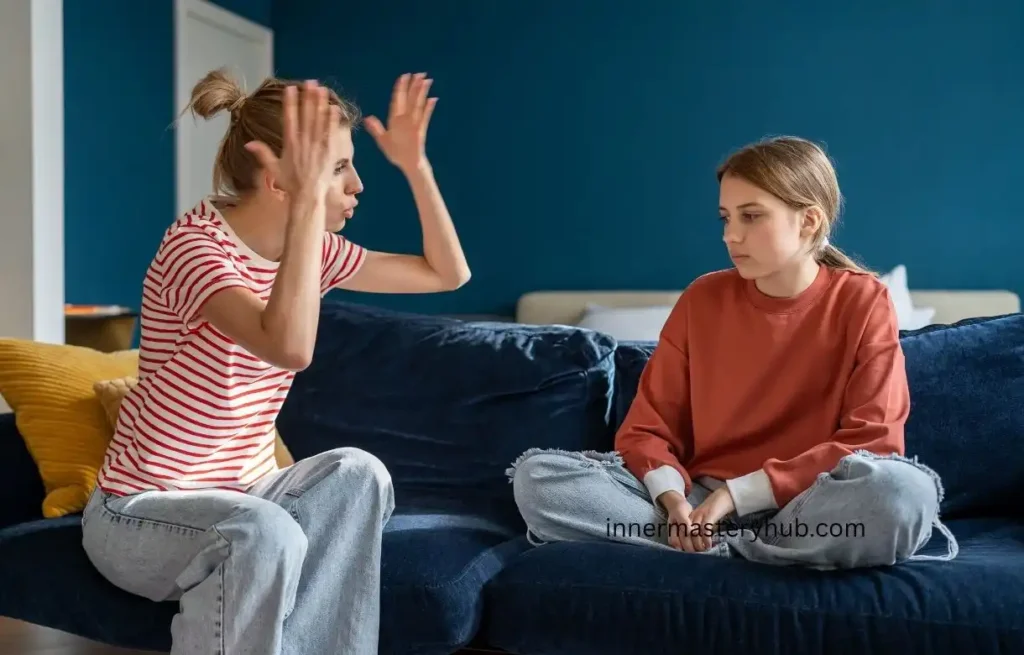
6. Being shut out of your grandchildren’s lives
Being separated from grandchildren is one of the deepest pains. This is where emotional wounds in adult children typically manifest. Your child could be worried that you’ll do to their kids what you did to them. Alternatively, they can still be so furious that preventing you from seeing the grandchildren feels like a kind of defence.
Every birthday, school play, or casual Sunday visit that you miss can feel like a new tragedy. You could have a knot in your throat as you observe other grandparents in the park and wonder what your own grandchildren are up to. Your adult child may be struggling with difficult questions at the same time, such as “Can I trust my kids with someone who hurt me?”
Here, you can provide a steady, non-coercive presence. Talk to your adult child about their trust, not your rights. “I understand that you need to feel completely safe about anyone around your kids,” you may say. I’d like to know what that means for you. Then, even with minor things, follow through.
7. Being used as a constant rescuer
The opposite pattern, constant dependence rather than distance, is another way that adult children’s emotional traumas continue to cause their parents distress. Your adult child may repeatedly ask for financial assistance, sometimes in crisis after crisis. You may observe that they struggle to maintain routines, jobs, or relationships, and you are the one who intervenes whenever something goes wrong.
Early hardship can make it more difficult to manage emotions and have confidence in oneself. Even as adults, your child can still be living in Survival Mode if they never felt safe. The issue is that your burnout may result from their Survival Mode.
Instead of solving every crisis, you can start to say, “I can’t fix this for you, but I can sit with you while you make a plan,” or “I’m willing to help with one bill this month if you also speak to a counsellor or financial advisor.” Then you hold that boundary, even when they push back.
8. The same fights over and over
You may notice that every conversation with your adult child seems to fall into the same rut. Perhaps it always ends with them saying, “You never listened,” and you replying, “You’re rewriting history.” Or maybe every visit slides into sarcasm or cold silence. The topic hardly matters when the pattern feels stuck.
Psychologists call this repetition a “trauma echo”: unresolved emotional wounds pulling people back into familiar roles – the victim, the bad guy, the peace-keeper, the invisible one. Your child might unconsciously recreate the same conflict with you in an attempt to get a different outcome. You may find yourself reacting the way you always have, like defending, explaining, or shutting down, even though you promised yourself you would handle it differently.
The only way out of this loop is to change one side of it, and the only side you control is yours. You might experiment with noticing the moment the old script appears. For example, you feel your chest tighten when they bring up school memories.
Instead of jumping in with, “That’s not true,” you might take a breath and respond, “I can feel us going into our usual pattern. I don’t want to keep doing this. Tell me more about how that time felt to you, and I will listen before I respond.” Later, ask yourself, “What was I trying to protect just then, my image as a good parent, my fear of being blamed, my shame?” Naming your own feelings makes it easier to respond instead of react.
9. The weight of shame, secrecy, and social comparison
Emotional wounds of adult children rarely stay inside the family; they spill into your wider life. You avoid talking about your child with friends because you are tired of being asked, “So, how are the kids?” You feel ashamed when you see other parents posting happy photos with their adult children and grandchildren. Social media and family gatherings can become quite torturous.
Surveys and qualitative research on estranged families show that many parents feel deep shame and isolation, convinced they are uniquely flawed. In reality, there are far more parents in this situation than you realise; most don’t talk about it openly. Carrying this alone makes the pain deep.
One healing step is to choose one or two people who are safe enough to
10. Financial strain and postponed dreams
For some parents, emotional wounds of adult children show up in money. You may still be paying your child’s bills, covering legal fees, helping with rent, or lending large amounts that are never repaid. You might delay retirement, skip medical care, or hold back on small pleasures because you feel you must always be ready for your child’s next emergency.
A healthier path is to be honest about what you can and can’t do. Sit down and write out your real numbers: income, expenses, savings. Then you decide in advance what kind of help is within your limits – for example, “I can contribute this fixed amount per year, but no more.” When your child asks for money, you refer back to that decision instead of reacting in the moment. You can still offer non-financial support, such as helping them connect with community resources and job training.
11. Feeling like you’ve failed the next generation
Perhaps the deepest ache comes from watching the emotional wounds of adult children affect the grandchildren, or simply knowing the pain is still alive in the next generation. You may see your adult child repeating some of the same patterns you once had: shouting, shutting down, choosing unsafe partners, or coping in unhealthy ways. You might think, “I started this mess, and now my grandchildren will suffer because of me.”
Research on intergenerational trauma shows that unresolved pain and stress can indeed be passed down, not just through stories but through behaviour, emotional patterns, and even biology. That can sound hopeless at first, but the same research also shows that healing in one generation can protect the next. When even one person in a family line begins to face their history, learn emotional skills, and build healthier relationships, the pattern starts to shift.
You cannot go back and re-parent your adult child, and you cannot single-handedly save future generations. You can, however, become a different kind of elder in your family story. Learning new ways to handle conflict, or even writing a letter to your adult child that says, “I see more now than I did then. I am truly sorry for the ways I hurt you, and I am committed to growing until my last day.”
Ask yourself, “What kind of ancestor do I want to be remembered as, someone who denied everything, or someone who turned toward the truth, even late in the game?”
Moving forward, when emotional wounds of adult children still inflict pain on their parents
With time, support, and honest self-reflection, patterns can shift, even if they never become the picture-perfect reunion you might dream of.
As you take in these eleven ways, emotional wounds of adult children still inflicting pain on their parents, you might ask yourself a few quiet questions:
“What am I carrying that is not mine to carry anymore?”
“What can I take responsibility for without drowning in shame?”
“Where do I need support, so I am not trying to survive this alone?”
You cannot change the past, and you cannot control your adult child’s healing. What you can do is become someone who faces reality with courage, holds their own heart with kindness, and offers their child a steady, respectful presence instead of pressure or denial. That alone is a powerful gift – to yourself, to your child, and to the generations watching, whether they know it yet or not.
FAQs about the emotional wounds of adult children
What are the emotional wounds of adult children?
Emotional wounds of adult children are deep hurts that began in childhood and still shape how your child thinks, feels, and relates to you now. They can come from criticism, neglect, conflict, addiction, or divorce, even if you never meant to cause harm.
How do the emotional wounds of adult children affect parents?
These wounds can show up as distance, anger, cold politeness, or complete estrangement. You feel blamed, shut out, or used only in crises. Your self-worth as a parent may suffer, and you may live with ongoing grief, guilt, confusion, and worry about the future.
What causes emotional wounds in adult children in the first place?
Emotional wounds in adult children often grow from repeated patterns: harsh words, emotional neglect, violence, addiction, constant criticism, parent conflict, or feeling responsible for a parent’s moods. Even stress, poverty, or health issues can leave your child feeling unsafe, unseen, or unloved, even when you were trying your best.
What are the signs your adult child still carries emotional wounds from childhood?
You may notice anger over “small” things, constant blame, strong reactions to specific topics, long silences, or sudden cut-offs. They might avoid you, speak in “therapy language,” or say they feel unsafe. Repeated arguments about the past are another sign that the hurt is still active.
Why is my adult child distant or estranged from me?
Distance can be your child’s way of feeling safer. If they felt judged, ignored, or scared as a child, being close to you may trigger old pain. Partners, therapists, or new beliefs may also influence this choice. It rarely comes from one single event; it’s usually many small hurts.
How can I talk to my adult child about their emotional wounds without making things worse?
Start by listening more than you speak. Ask if they are open to a calm conversation. Use phrases like “I want to understand your experience” and “I won’t argue with your feelings.” Avoid defending yourself in that moment. You can share your view later, after they feel heard.
Should I apologise to my adult child for the past?
A sincere apology can help if it is honest and not rushed. Focus on their experience, not your intentions. Say what you regret specifically, and avoid “but” and excuses. You can add context another time. For now, show you understand that your choices caused real pain.
Can emotional wounds of adult children ever be healed?
Yes, healing is possible, but it takes time and usually support. Your child may need therapy, self-work, and distance to feel safe. You can help by respecting boundaries, staying consistent, and working on your own growth. There is no guarantee of complete reconciliation, but change is always possible.
How do I protect myself when my adult child’s emotional wounds are hurting me?
You’re allowed to set limits on insults, financial requests, and constant crisis calls. You can say, “I love you, but I can’t stay in this conversation if I’m being attacked.” Seek your own therapy or support group. Caring for yourself doesn’t mean you’ve stopped loving your child.
When should I seek professional help for these emotional wounds in my family?
Get help when you feel stuck in the same painful patterns, when the stress affects your sleep, health, or work, or when contact with your child leaves you broken for days. A family therapist, mediator, or your own counsellor can guide you and help you respond more calmly and wisely.


